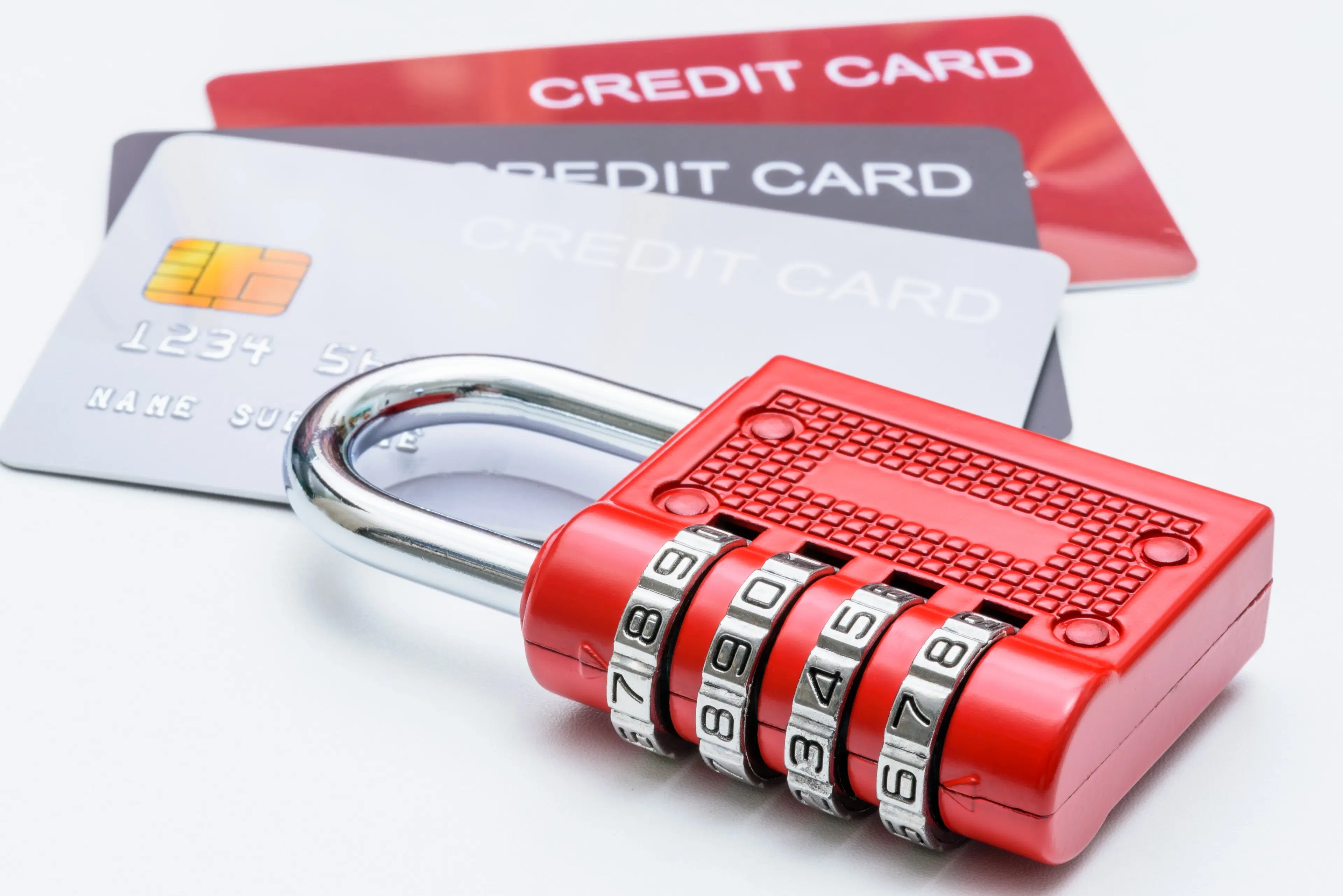
Cards
•04 min read
-ed507771-df04-4fb3-9af5-bae11cb611a6.png&w=3840&q=75)
Protecting your personal and financial data is more important than ever. Credit card security is essential in today’s digital world, where data breaches and fraud are real concerns. Learn how to use the credit card for credit card security effectively by following these proven tips. In this post, we will explore practical ways to use credit cards safely, both online and offline, highlighting key security features and actionable tips for a secure experience. With the Tata Neu HDFC Bank Credit Card, you benefit from advanced security features like an EMV chip and two-factor authentication, ensuring safe transactions along with exciting rewards.
When your credit card data is compromised, it can lead to financial loss, identity theft, and stress. Cybercriminals are using increasingly sophisticated tactics to breach security systems. Being aware of these risks and taking proactive measures can help you keep your personal information safe. Responsible credit management, such as making regular, on-time payments and keeping credit utilization below 30%, plays a crucial role in protecting your financial well-being.
Modern credit cards are equipped with several features designed to safeguard your information:
EMV Chip Technology: The chip generates unique transaction codes, making it hard for fraudsters to replicate your card details.
CVV: The Card Verification Value adds an important layer for online transactions.
Two-Factor Authentication (2FA): Features such as OTPs and biometric verification ensure that even if someone has your card number, they cannot easily perform unauthorized transactions.
Virtual Cards: These one-time use or temporary cards provide extra security for online purchases by masking your actual card details.
These credit card security features are designed not only to protect you but also to give you the confidence to conduct transactions, whether you are shopping online or offline.
When using your credit card for online transactions, it is important to be vigilant. Here are a few tips to ensure you use your credit card securely online:
Avoid using public Wi-Fi networks for transactions. If you need to access your account on the go, consider using a trusted VPN.
Always verify that the website is secure. Look for HTTPS and verified payment gateways before entering your card details.
Create strong passwords and make use of multi-factor authentication wherever possible. These steps make it much harder for unauthorized users to access your account.
Do not save your card details on various shopping sites. Keeping your data off these platforms minimizes the risk of exposure.
Remember, a few simple steps can help you stay secure and enjoy your transactions with peace of mind.

Offline safety measures are just as important. Consider these practices when using your card physically:
Always keep your card in a secure place to prevent physical theft or unauthorized scanning. RFID-blocking wallets can help prevent unwanted transactions.
Monitor your transactions frequently by checking your bank notifications and monthly statements. Timely reviews help you spot any suspicious activity early on.
If you lose your card or suspect it has been compromised, contact your issuer immediately. Prompt reporting can help block potential misuse quickly.
Technology offers advanced solutions to boost your credit card security. Tokenization, for instance, replaces your sensitive card details with unique codes when you make a purchase. This greatly reduces the risk of your actual card information being intercepted. Encryption protocols also ensure that your data is kept safe during transmission. Additionally, mobile wallets offer a secure alternative for transactions, as they use tokenization and encryption, making them a robust choice for those looking to use their credit card securely. Such strategies are especially useful when considering how to use a credit card for online credit card security.
Many credit card issuers allow you to personalize security settings. You can set daily or per-transaction limits to minimize exposure, or even restrict where your card can be used geographically. These custom preferences make it easier for you to control your spending and ensure that any unauthorized transactions are minimized.
Simple mistakes can put your financial data at risk. Sharing your card details over phone calls or emails can provide an easy target for scammers. Similarly, ignoring alerts from your issuer about suspicious activities might allow fraudulent transactions to go unnoticed. Finally, using weak PINs like sequential numbers or dates related to your personal information can increase vulnerability.
If you believe your credit card has been compromised, there are immediate steps you should take. Report the issue to your issuer promptly to block the card and prevent further unauthorized use. After blocking, dispute any unauthorized transactions and review your security settings. Long-term, it is advisable to monitor your credit reports regularly and update your passwords to reflect stronger, more secure combinations.

Always ensure you use secure websites with HTTPS, enable multi-factor authentication, and avoid public Wi-Fi when making transactions.
Keep a close eye on your transactions, use RFID-blocking wallets, and report any lost or stolen cards without delay.
Yes, mobile wallets leverage encryption and tokenization, offering enhanced security compared to directly using physical card details online.
Contact your issuer immediately to lock your card, dispute any unauthorized transactions, and update your security settings promptly.
Absolutely. Many issuers allow you to set daily or per-transaction limits, which help in reducing the risk associated with potential fraud.
Understanding and implementing effective credit card safety measures can vastly reduce the risk of fraud and data breaches. By taking advantage of built-in security features such as EMV chips, CVV codes, and virtual cards, and by adopting both online and offline best practices, you can protect your personal information and secure your financial transactions. Advanced options like tokenization and custom transaction limits further enable you to manage risks according to your personal needs. Ultimately, being aware and proactive about credit card security ensures that you enjoy the full benefits of digital payments with peace of mind.